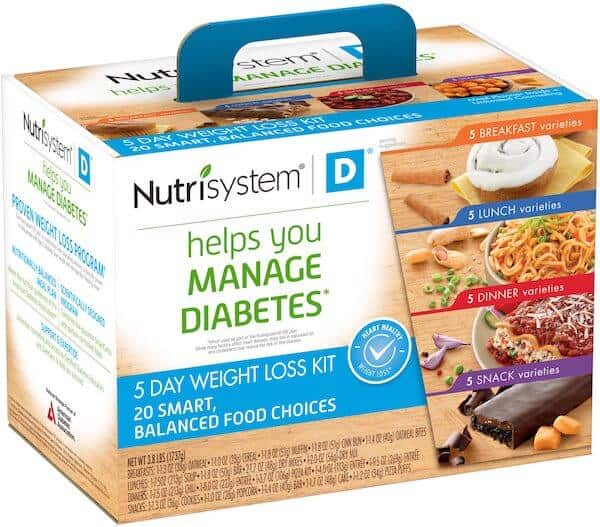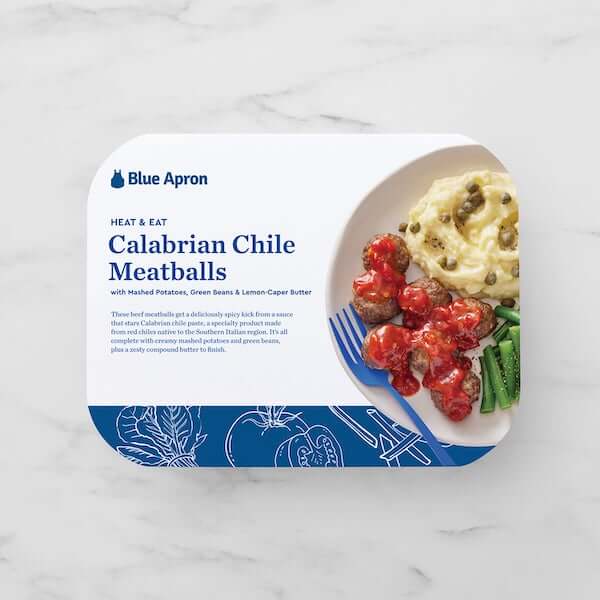The Mediterranean diet has been shown to have many health benefits. This diet is based on the traditional eating habits of people living in Mediterranean countries such as Italy, Greece, and Spain.
The Mediterranean diet is high in fruits, vegetables, whole grains, legumes, nuts, and seeds. It also includes moderate amounts of fish and poultry and low amounts of red meat.
In this blog post, we will discuss the benefits of the Mediterranean diet and how to follow this healthy way of eating!
What Is Mediterranean Diet?
The Mediterranean diet has been gaining popularity in recent years. So what is it? The Mediterranean diet is a way of eating that’s based on the traditional foods and recipes of countries like Greece, Italy, Spain, and Morocco.
There are lots of different versions of the Mediterranean diet, but they all emphasize eating lots of fruits, vegetables, whole grains, legumes, and olive oil. Fish and seafood are also mainstays of the Mediterranean diet, as are moderate amounts of red wine.
One of the reasons the Mediterranean diet is so healthy is that it’s high in antioxidants and other nutrients that can protect against heart disease, cancer, and other chronic conditions. The diet has also been linked to a lower risk of Alzheimer’s disease and Parkinson’s disease.
If you’re interested in trying the Mediterranean diet, there are plenty of resources out there to help you get started. There are cookbooks, meal plans, and even online communities devoted to helping people stick to the Mediterranean diet.

Benefits Of the Mediterranean Diet
The Mediterranean diet is not only delicious, but it has many health benefits as well.
Reduce Your Risk of Heart Disease
The Mediterranean diet has been shown to reduce the risk of heart disease.
A recent study showed that the Mediterranean diet can help to improve cholesterol levels and blood pressure, which are two major risk factors for heart disease.
The diet is also rich in antioxidants, which can help to protect your cells from damage and reduce inflammation.
Lower Your Risk of Cancer
The Mediterranean diet has been linked with a lower risk of cancer, especially cancers of the digestive system.
A 2015 study published in the journal Cancer Epidemiology, Biomarkers & Prevention found that people who followed a Mediterranean diet had a 20 percent lower risk of developing colorectal cancer over a period of nine years, compared with those who didn’t follow the diet.
The Mediterranean diet has also been linked with a lower risk of other types of cancer, such as breast cancer and ovarian cancer.
Reduce Your Risk of Alzheimer’s Disease
The Mediterranean diet has been shown to improve cognitive function and reduce the risk of Alzheimer’s disease.
A study published in the Journal of Alzheimer’s Disease found that people who followed a Mediterranean diet had a lower risk of developing Alzheimer’s disease.
Recent studies have shown that following a Mediterranean diet can help to reduce your risk of developing Alzheimer’s disease.
The diet is rich in healthy fats, antioxidants, and anti-inflammatory nutrients, all of which are thought to play a role in protecting the brain from damage.
Improve Mental Health
The Mediterranean diet has been shown to improve mental health. A recent study showed that people who ate a Mediterranean diet had a lower risk of depression and anxiety.
The study also found that the Mediterranean diet can help to improve cognitive function.
The Mediterranean diet is rich in antioxidants, which can help to protect the brain from damage.
The diet is also high in omega-three fatty acids, which are essential for brain health.
Reduce Women’s Risk of Stroke
The Mediterranean diet has been shown to reduce the risk of stroke in women by up to 33 percent.
A study published in the journal Stroke found that the diet — which is high in fruits, vegetables, nuts, legumes, olive oil, and fish — can help protect against the development of stroke.
Learn more about the best Mediterranean diet meal delivery services>>
Researchers followed more than 27,000 women for an average of eight years and found that those who adhered to the diet had a significantly lower risk of stroke than those who did not.
The findings held even after taking into account other factors such as age, smoking status, body mass index, and physical activity levels.
Disadvantages Of the Mediterranean Diet
The Mediterranean diet is healthy and effective in many studies, but there are some disadvantages to this way of eating.
One disadvantage is that the diet can be expensive. Fresh fruits, vegetables, fish, and olive oil can all be pricey items. If you’re on a budget, it may be difficult to stick to the diet.
Another disadvantage is that the diet may not be sustainable in the long term. It can be hard to find fresh, local ingredients year-round, and cooking all your meals from scratch can be time-consuming.
If you’re considering the Mediterranean diet, talk to your doctor or a registered dietitian to see if it’s right for you.

How To Maintain Mediterranean Diet?
The Mediterranean diet is not a fad diet, it’s a way of eating that has been around for centuries.
The Mediterranean diet is based on the dietary habits of the people who live in the Mediterranean region. The main features of the Mediterranean diet are:
Eat plenty of fruits, vegetables, whole grains, and legumes: The foundation of the Mediterranean diet are plants. Fill your plate with plenty of fruits and vegetables at every meal. Include whole grains such as quinoa, farro, and whole-wheat bread at most meals. And don’t forget the legumes! Beans, lentils, and chickpeas are all excellent sources of protein, fiber, and nutrients.
Eat fish and seafood at least twice a week: Fish is a staple of the Mediterranean diet. Not only is it a great source of protein, but it’s also packed with omega-three fatty acids, which are great for your heart. aim to eat fish and seafood at least twice a week.
Get plenty of exercises: The Mediterranean lifestyle is an active one. People in the Mediterranean region tend to walk or bike instead of drive, and they take advantage of every opportunity to be physically active. Make sure to get plenty of exercise every day.
Enjoy a glass of red wine with dinner: A glass of red wine with dinner is part of the Mediterranean diet. Red wine contains antioxidants, which can help protect your heart. However, it’s important to moderate when enjoying alcohol.
Limit processed foods, red meat, and saturated fat: The Mediterranean diet is not a low-fat diet. However, it does emphasize healthy fats, such as olive oil. It also limits processed foods, red meat, and saturated fat. instead, focus on eating lean protein, whole grains, and healthy fats.
Conclusion
The Mediterranean diet is a great way to improve your health and lose weight.
However, it is important to make sure that you are getting enough of the right nutrients and not overdoing it with unhealthy foods.
If you are looking to adopt a healthier lifestyle, the Mediterranean diet is a great place to start.
Learn more about the best Mediterranean diet meal delivery services>>






















































































